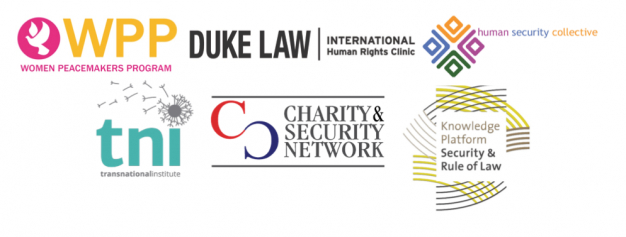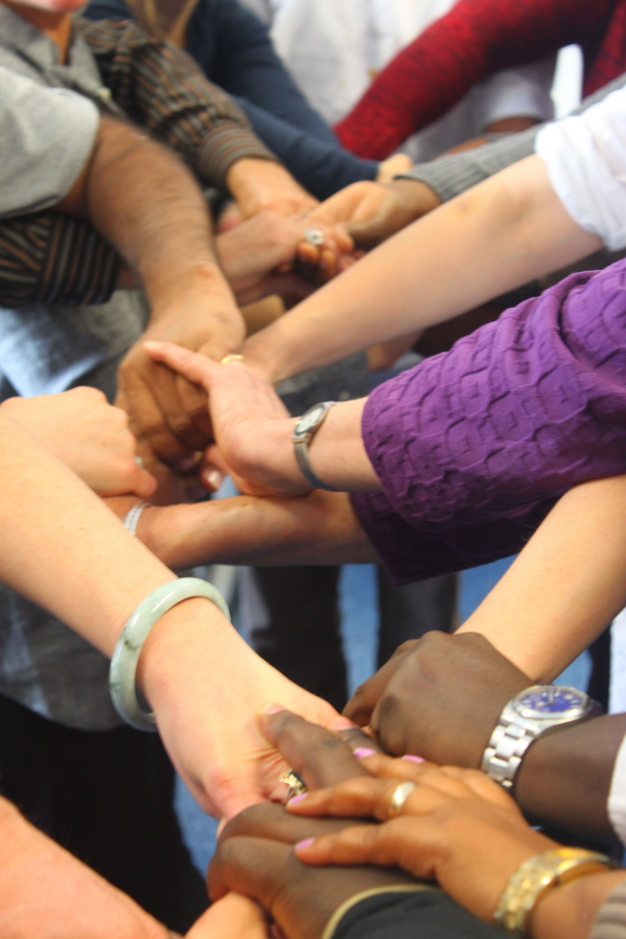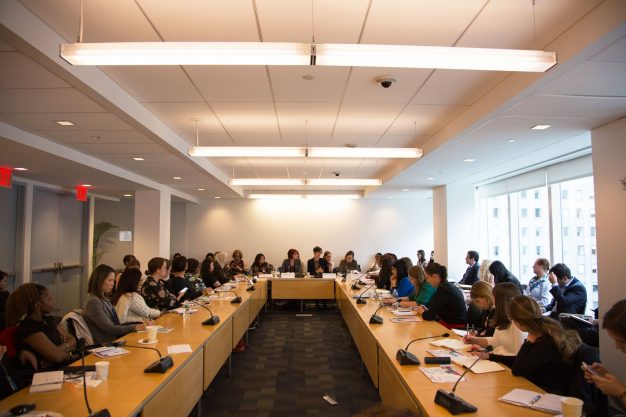On February 25, 2016, WPP joined 57 nonprofit organizations (NPOs), including umbrella groups with more than 300 member organizations, sent a letter to the U.S. Departments of Treasury and State asking them to convene a multi-stakeholder dialogue as part of a broader effort to ensure that registered, law-abiding NPOs are able to access the global financial system. The signatories to this letter represent more than $8.3 billion annually in humanitarian aid and services to the world’s most needy.
As banks face significant regulation and the threat of heavy fines for noncompliance in the anti-money laundering/counter-terrorist financing arena, their appetite for risk has diminished. Without positive incentives to offer services to NPOs, banks’ risk-reward calculation will continue to be weighted towards dropping clients they perceive as high-risk.
The impact of this “de-risking” trend on NPOs is significant. Increasingly, these groups find it difficult to access the financial services necessary to provide life-saving aid to people in global hot spots where the need is greatest. Banks may delay, or refuse to make, transfers between organizations. Sometimes, NPOs are turned away as customers or have their accounts closed. For example, one charity was unable to pay for fuel needed to supply power to a hospital in Syria because of the banks’ lengthy delays in transmitting funds. More recently, aid to refugees streaming into Europe was impacted by a charity’s inability to make international wire transfers.
The U.S. government has said that banks should not “de-risk” but that policy has not been translated into concrete action or regulatory standards that remove current disincentives for banks to provide services to international NPOs. As a result, money will be taken out of transparent, regulated channels, making life more difficult for legitimate NPOs and easier for terrorist financiers.
U.S. banking laws and policies have a global impact. This is evidenced by the large number of foreign NPOs who have signed the letter, explained Kay Guinane, director of the Charity & Security Network. In addition, many nonprofits around the world carry out work funded by U.S. government or UN grants. “Finding a solution to the problem should be a priority for Treasury and State, in order to support U.S. foreign policy goals,” Guinane noted.
12 Dec '17 Today, we are pleased to share with you the Conference Report “Financial Inclusion for Freedom and Security” by the Women Peacemakers Program, Duke Law International Human Rights Clinic, Human Security Collective, Transnational Institute, the Charity & Security Network, in cooperation with the Knowledge Platform Security and Rule of Law.

7 Dec '17 Today, on the 13th day of the 16 Days of Activism Against Gender Violence Campaign, we bring you the sad news that from 15 December onwards, the Women Peacemakers Program (WPP) will have to close its doors. We would like to ask for your time to read what has driven us to make this decision.

7 Nov '17 On Thursday, 26 October 2017, a side event entitled, “Pulling the Rug from Under Our Feet: What is the UNSCR 1325 Without Civil Society Freedoms?” was hosted on the margins of the 17th anniversary of United Nations Security Council Resolution (UNSCR) 1325. The event was hosted by the Women Peacemakers Program (WPP) and the Dutch Mission, in collaboration with Duke Law’s International Human Rights Clinic, Al-Hayat Center for Civil Society Development, Arab Women Organisation of Jordan, NOVACT, Free Sight Association, Iraqi Al-Amal Association, Women Empowerment Organisation, NGO Working Group on Women, Peace and Security and Women’s International League for Peace and Freedom. This article briefly looks at the main issues discussed during the event.
